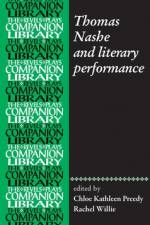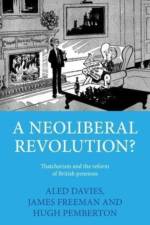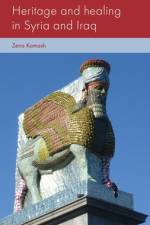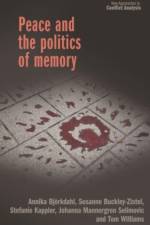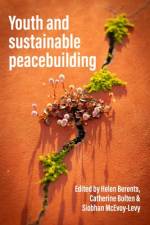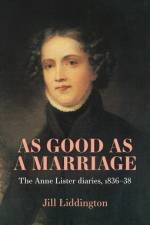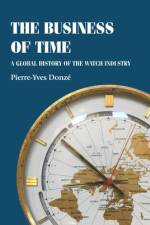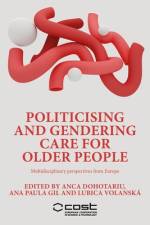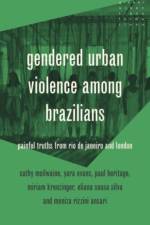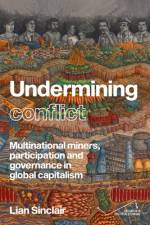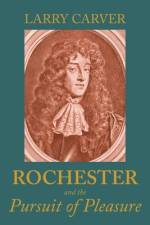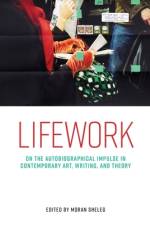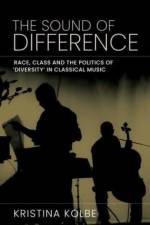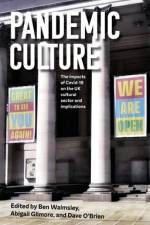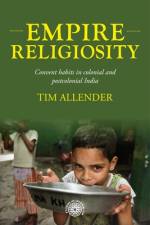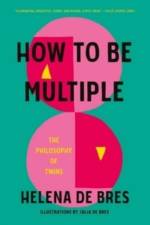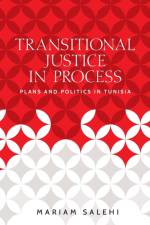av Larry D Carver
1 157
Rochester and the pursuit of pleasure, the fourth full-length study of Rochester's work since David Vieth's pioneering edition of The Compete Poems (1968), is the first to bring together a reading of John Wilmot's poetry, dramatic works, and letters. The book makes three claims, all perhaps unexpected. Though a biographical interpretation of Rochester's work is fraught with risks, theoretically and in terms of the surviving literary and biographical material, Rochester's work should be read in a biographical context. Rochester drew upon his emotional, intellectual, and religious life. He wrote about what engrossed him, seeking answers to real life questions. Showing the role that biography plays in interpreting Rochester's work illuminates, moreover, a central problem in Rochester criticism, the relationship of poet to his speakers. Reading the works as doing something for the poet and his audience reveals that they cluster about a central theme, the pursuit of pleasure, a complex process in which many of Rochester's mid-seventeenth century contemporaries were engaged. No longer sure under the old dispensation of their duties--familial, political, religious, or artistic--they sought new grounds for their motivations. For Rochester this pursuit of pleasure has its roots in Christianity. Rochester's work, that is, everywhere reflects his Christian and God-fearing upbringing and provides evidence of an excessive preoccupation with, and, at the end of his life, acceptance of Christianity. As the various speakers and the man himself pursue pleasure by courting king, wife, mistresses, and the craft of writing, they in humorous, perverse, even criminal ways court God.




